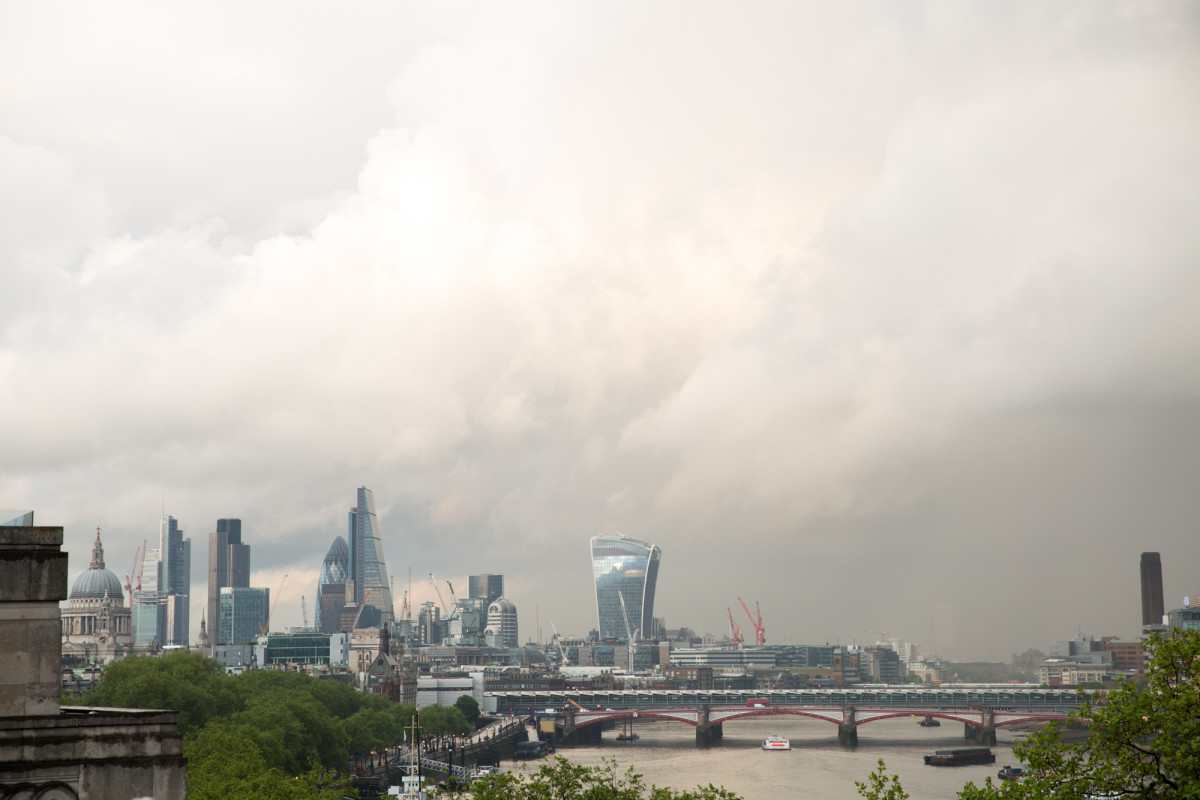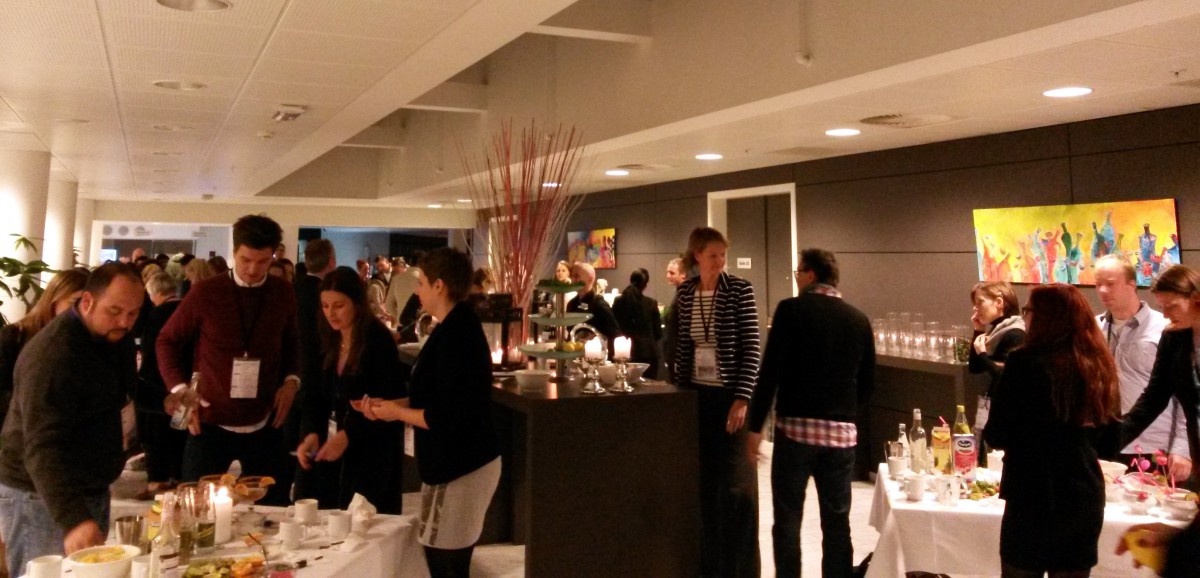Free vs. paid events is an ongoing debate in our industry. Last year I read a very interesting book called “Free – The Future of a Radical Price”. The book is very well written and arguments are supported by an extensive research. Author Chris Anderson explains what the free economy is and looks at customers’ psychology to understand when they are ready to pay and for what. Many concepts apply to the events industry and it completely changed the way I see the notion of the free economy.
Read my previous posts about this book here.
For example, TED and the Web Summit are very expensive events and content is available online for free, often live streamed, both by event organisers and attendees. The audience is still ready to pay the price tag to be there and mingle with other participants.
Free for #eventsprofs
Events for the event industry are usually free, for example IMEX, IBTM and The Meetings Show. Not only they are free – but they even cover travel expenses and accommodation for qualified planners by offering the Hosted Buyer model.
What happened to Future of Events planned to take place in Amsterdam in 2016 shocked many people in our industry. After cancelling just few weeks before the event, on their website they wrote that the lack of finance forced them to cancel. On Twitter they posted that it was due to low attendance numbers. This is not surprising because this event wasn’t free. If I remember correctly, tickets were over €150. The impressive line-up of speakers wasn’t enough to attract audience.
Following this announcement, shortly afterwards, a group of #eventprofs came together to put the Ctrl + Alt + Del event and streamed it for free globally. Smaller groups also gathered to watch the stream in London, Amsterdam, New York, Belgium, Toronto and many more cities around the world. It was phenomenal success and I hope will be repeated next year.
Over the past few years, free events launched in London and are growing in popularity, such as the Event Huddle, Citizen Event, Event Tech Live, Event Tech Talks and others!

Event professional can benefit from the many free to attend events in London
In August I hosted #EventPlannersTalk Twitter chat about free vs. paid events. Participants explored and shared ideas about objectives, challenges, ticket price and price categories and how to increase ticket sales.
Thank you to all chat participants @AmandaThurlow, @Velocevent, @MeghaGhosh, @JamesTCaldwell and @DetailsQuinn.
What are the business objectives of free events?
From an association perspective – to offer continual personal development and increase member engagement
Sales & Marketing
Exposure & PR
Educate about product or service
Collect data
Increase brand awareness
Test the product
What are the challenges when organising free events?
Securing sponsors
High drop out rats as people don’t associate value to the event
Getting qualified leads
Difficult to plan for no-shows
Getting the right audience
Trying to show delegates that the event has value whilst not asking for actual money
Security
Extra room hire and catering costs
Food waste
How to determine event ticket price?
Know what the industry average price tag is
Base it on audience and location
Research
Build all facility charges into the ticket cost and calculate all fees billed per ticket sold
Consider event duration
Local economic conditions may be also factor to determine ticket price
How many price categories are recommended?
One to three categories
Don’t overwhelm or confuse attendees with too many categories
Not so many as to confuse attendees but enough to allow flexibility of options
Freemium model – offering the event for free with some paid for seminars
How can you increase ticket sales?
Create FOMO
Have event ambassadors
Engage in face to face networking
Provide quality content and speakers
Create discounts
Do targeted marketing through segmentation of data
As the industry evolves, this will stay a challenge, but when we better understand our delegates, the industry and its dynamics, maybe we can offer a model that works.
Photo credit: Atout Frnace




No Comments